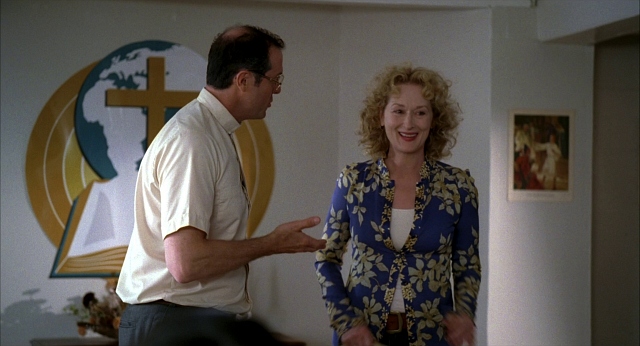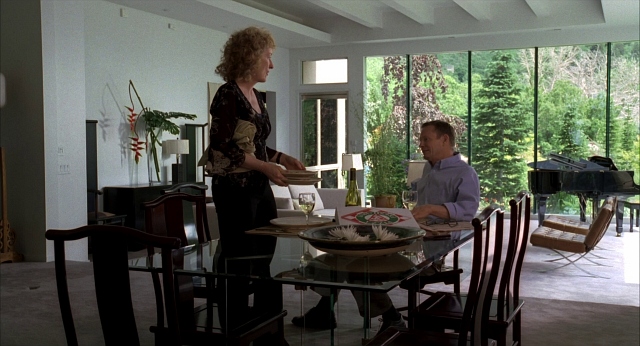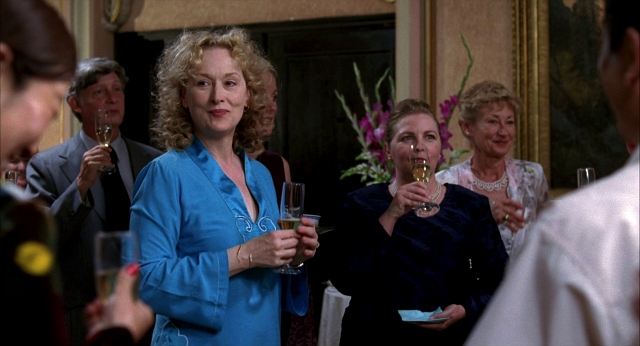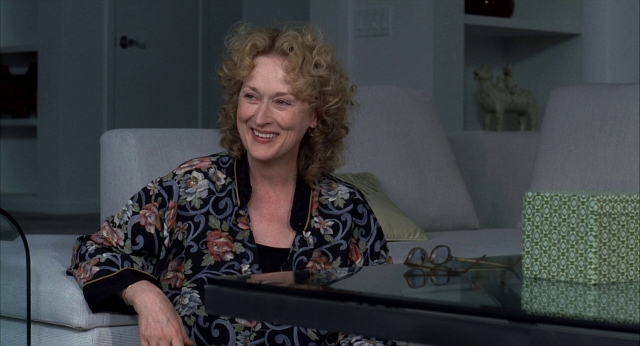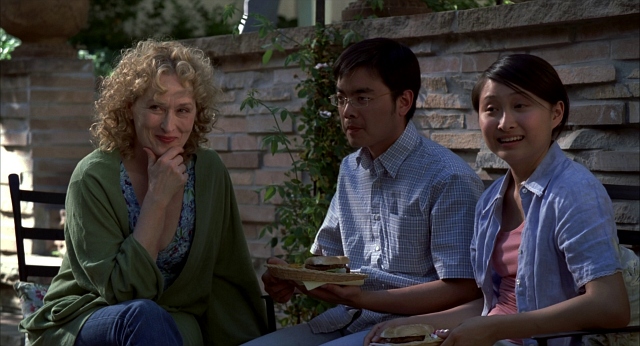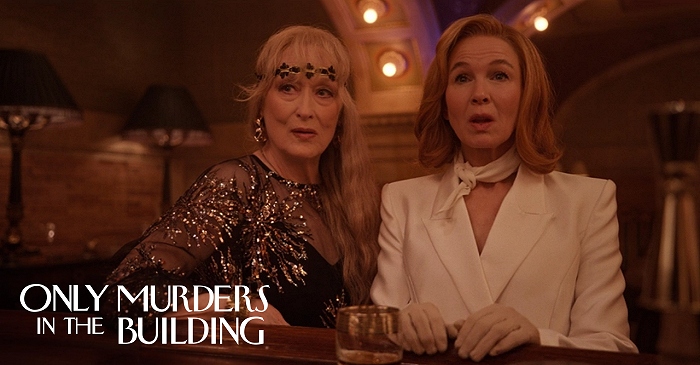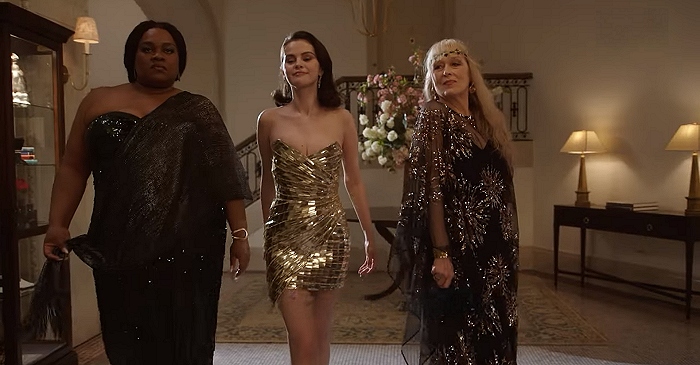|
Simply Streep is your premiere online resource on Meryl Streep's work on film, television and in the theatre - a career that has won her acclaim to be one of the world's greatest living actresses. Created in 1999, Simply Streep has built an extensive collection over the past 25 years to discover Miss Streep's body of work through thousands of photographs, articles and video clips. Enjoy your stay and check back soon.
|
Dark Matter
April 11, 2008
· Myriad Pictures
· 88 minutes
|

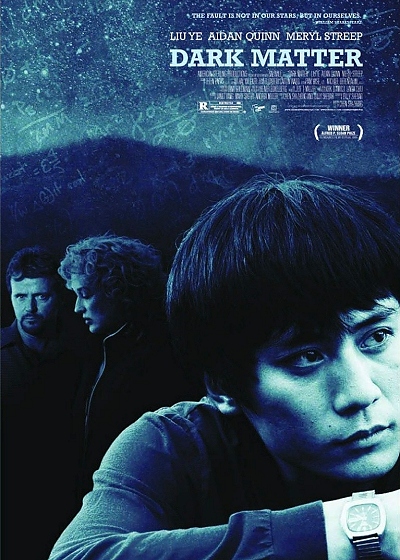
The film is loosely inspired by the true story of Gang Lu, who killed four members and one student at the University of Iowa in November 1991. infuriated because his dissertation, Study of the “Critical Ionization Velocity” Effect by Particle-in-Cell, did not receive the prestigious D.C. Spriestersbach Dissertation Prize. This prize included a monetary award of $2,500. Lu believed that winning the prize would have made it easier for him to get hired as a professor. On November 1, 1991, Gang Lu attended a physics and astronomy department meeting and shot four members of the department shortly after the meeting began. He then shot the the associate vice president for academic affairs before commiting suicide. This is the story that “Dark Matter” is based on. The film premiered at the 2007 Sundance Film Festival where it won the Alfred P. Sloan Feature Film Prize. Ironically, in the worst sense of the word, shortly before the film’s theatrical release in April 2007, a Chinese student killed 32 people and wounded 25 others on the campus of Virginia Polytechnic Institute and State University in Blacksburg, Virginia. The massacre is the deadliest shooting incident by a single gunman in U.S. history. So due to its similarities, the film’s distributors shelved the movie out of respect for the Virginia Tech incident. A year later, “Dark Matter” received a limited release to little notice, since there was no promotion for the film. It released on DVD in the USA and Europe throughout 2008 and 2009.
I found the film lengthy, which is unfortunate for a storyline so recent and important. It just mildly touches the aspects that lead to Xing’s horrible acts – the pressure, the upbringing, the bullying through his professor – but it doesn’t really invest deeply into any of these fields. Nor does it invest in his character. You see what he feels, but somehow you don’t feel it. At the end of the film you can only guess why this is his last way out. And that left me unsatisfied. Since there hasn’t been any promotion for the film, one can only guess what drew Meryl to this. Maybe her interest in China and its culutre, maybe her admiration for director and the opera, maybe both. But I feel that it was her involvement that got the film financed in the beginning. Her character Joanna, a devotee of the culture and the Japan students, isn’t really nescessary for the film. Sure she adds an amount of depth to the film and her scenes with Liu Ye are very touching, especially the last scene when she tries not to show her sadness about him having lost his future as a scientist. But still, there’s no pace to this film. Many scenes are disrupted by music that doesn’t really fit. More than once you realise that Shi-Zheng Chen, the film’s director, has his roots in the opera. Maybe the story would have worked there. But as a film, I unfortunately didn’t enjoy it that much.


